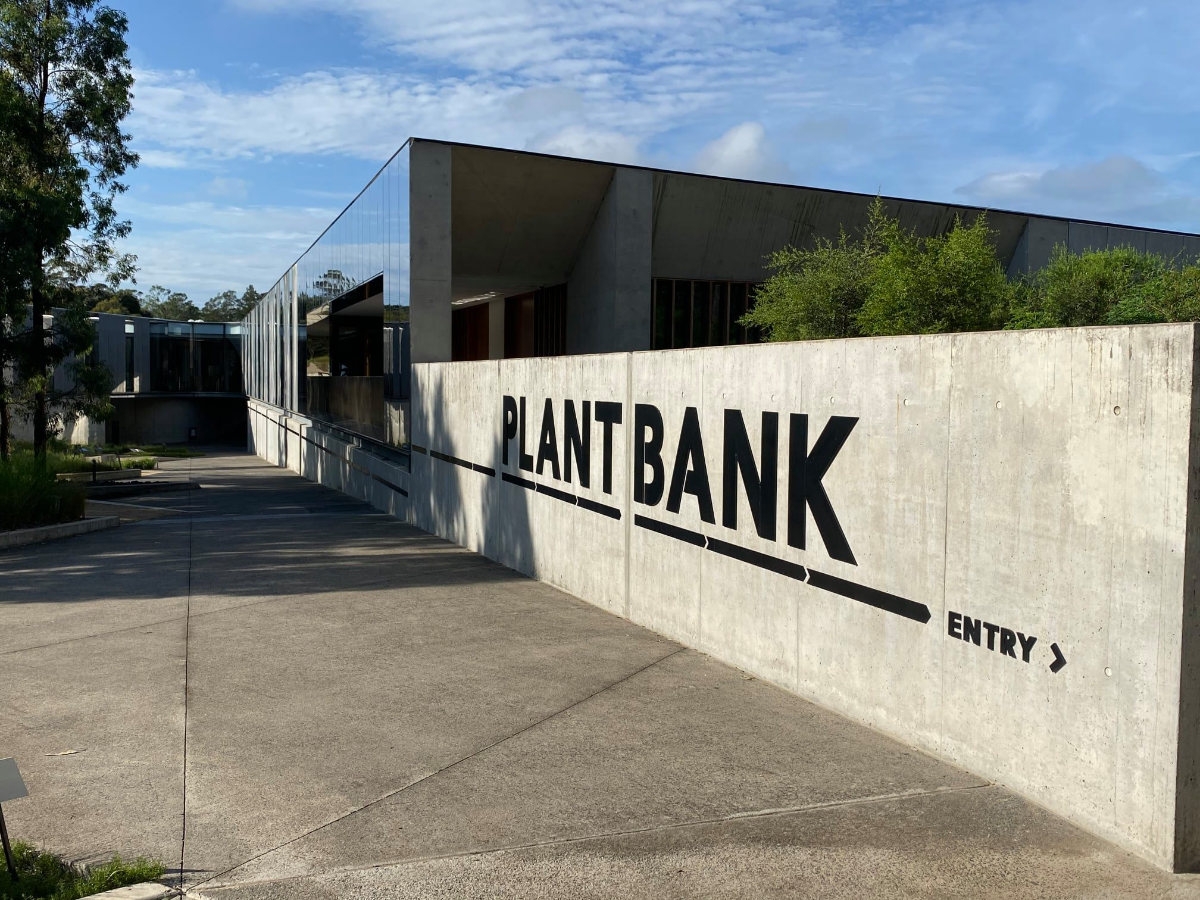
- September 3, 2021
- Effective Building
- 0
Due diligence is one of the essential things that a purchaser should do when buying into a strata scheme. This is very important as ignorance can be very costly on your part.
The best way to know what you are getting into is to go through the Owners Corporation records. The Owners Corporation decides for and on their behalf, while legislation requires those decisions to be recorded in specific formats. The outcome should be a complete file history of the building and its owners.
Why Perform a Strata Title Search?
A strata purchase is one of the most significant investments in their life, which is why you need to have an in-depth inspection of the property’s history.
The records will emphasise significant defects, noise issues, huge potential expenses, and much more so you can prevent any surprises after signing the contract.
Knowing it’s beneficial, you would be surprised that most of the potential purchasers often pass on the opportunity to search for Owners Corporation records.
How Is a Pre-Purchase Strata Search Done?
A strata search is simple, and anyone can do it. You just need to do the following:
Acquire written authority – corporate body records are private information and can only be viewed by authorised persons.
- Schedule an appointment with the Owners Corporation Manager or Secretary to view the records
- Attend the appointment and pay the fee
- Read the records and note everything.
So, what does a strata inspection report tell you?
- The past special levies or special levies were raised.
- Administrative and sinking fund.
- Major issues such as structural issues and major proposed expenditures. ∙ Scheme’s rules for keeping an animal.
- If the building is insured.
- If it complies with the Strata Schemes Management Act (Fire Compliance, Asbestos Management, Work Health & Safety Act, and property valuation) in the last 5 years.
- Funds or cover potential major expenditure
- Legal matters
- Disharmony in the building
- Any special by-laws
- Updated strata levies or in arrears.
- Expenditure over the past 3 years.
- Any plumbing issues
Warning in Strata Issues
Not because there are warnings in a strata search would mean that the Owners Corporation is poorly run or the building is a dud, but if you face any of these issues, you will need to get the underlying issue.
Very few Owners Corporation will have absolutely zero issues.
Buildings with too good to be true could just be an extraordinarily well-run building, or the owners could be hiding something, typically to protect property values. Preferably, you want to see records of existing defects being rectified instead of covering it up.
This is what strata search entails, finding the warnings and finding out why they occurred.
What Do You Need to Look for in a Strata Search?
1. A significant increase in levies.
If the levies are substantially increasing and something occurred or is about to happen, you need to find out what it is.
2.Inadequate Owners Corporation funds.
Inadequate funds would mean that there are major financial issues.
3. Many lot owners in arrears.
When they don’t pay their levies, the burden of keeping the owner’s corporation afloat falls on those who are paying. You need to know if this is a temporary or an ongoing issue.
4. The Owners Corporation has creditors.
Before being expended, levies should be issued and collected.
5. Issuance of a special levy.
Expenditure is needed outside of what has been budgeted for, so why need for a special levy? How large is it, and when is the deadline?
6. A building defect report.
A report on the building issue is commissioned when there’s a complex issue and requires input from a building professional to identify the problems and find a solution.
7. Extraordinary General Meeting.
When the business requires a resolution of all owners that cannot wait until the next annual general meeting, the extraordinary general meeting happens.
8. Issue of a Continuing Contravention Notice.
This means that the committee has issues with something that someone is doing within the scheme.
9. Appointment of a solicitor to act on behalf of the Owners Corporation.
The Owners Corporation is dealing with a legal matter that needs advice.
10. Invitation to submit.
This happens during a dispute when the Owners Corporation or another lot owner made an application for adjudication with the commissioner body corporate & community management.
11.Not updated Insurance Valuation.
An insurance valuation is a tool that ensures the scheme is properly insured. Not having this mean that the building is over/underinsured.
12. Expired or Sinking Fund Forecast.
Owners Corporation must have a sinking fund forecast, which estimates the works and costs for the next ten years. This should not be expired in any way.
13. A late or missed AGM.
Owners Corporation has time frames for Annual General Meeting and a delay is meant for Commissioner’s approval. Most delays occur because quotes are being obtained for works to be voted on.
Ensure you know the reason why there’s a late Annual General Meeting. If the AGMs are missed, it indicates problems with the Owners Corporation management, be it Committee or contractor, mostly both.
Contact Effective Building and Consultancy today on 02 9613 3353 for a consultation on how to navigate a strata scheme.
Suppose you are planning to work on multi-story units. In that case, you may find yourself wondering if you should Read more
Heritage buildings represent the history and culture of a nation. They constitute together the architectural heritage of an area. Heritage Read more
The Australian PlantBank is a remarkable new plant conservation laboratory at The Australian Botanic Garden in Mount Annan. It is Read more





